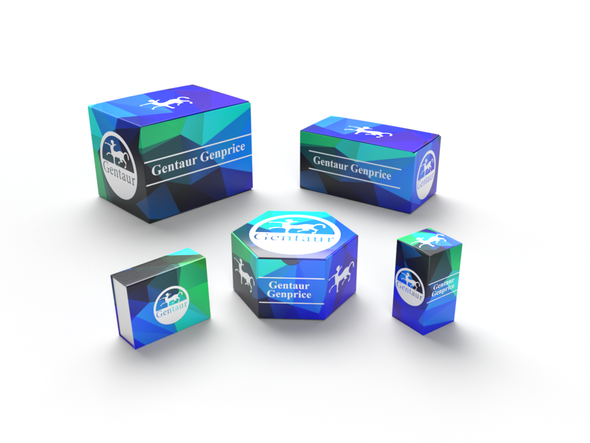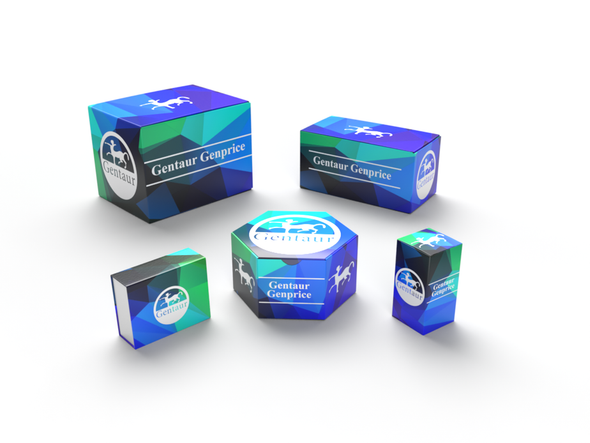Description
LIS1 Antibody | 4287 | Gentaur UK, US & Europe Distribution
Host: Rabbit
Reactivity: Human, Mouse, Rat
Homology: Predicted species reactivity based on immunogen sequence: Pig: (100%) , Bovine: (100%) , Chicken: (93%)
Immunogen: LIS1 antibody was raised against a 14 amino acid synthetic peptide from near the carboxy terminus of human LIS1.
The immunogen is located within amino acids 340 - 390 of LIS1.
Research Area: Neuroscience
Tested Application: E, WB, ICC, IF
Application: LIS1 antibody can be used for detection of LIS1 by Western blot at 0.5 - 1 μg/mL. Antibody can also be used for immunocytochemistry starting at 2.5 μg/mL. For immunofluorescence start at 20 μg/mL.
Antibody validated: Western Blot in human samples; Immunocytochemistry in human samples and Immunofluorescence in human samples. All other applications and species not yet tested.
Specificiy: N/A
Positive Control 1: Cat. No. 1201 - HeLa Cell Lysate
Positive Control 2: Cat. No. 17-005 - Jurkat Cell Slide
Positive Control 3: N/A
Positive Control 4: N/A
Positive Control 5: N/A
Positive Control 6: N/A
Molecular Weight: N/A
Validation: N/A
Isoform: N/A
Purification: LIS1 Antibody is affinity chromatography purified via peptide column.
Clonality: Polyclonal
Clone: N/A
Isotype: IgG
Conjugate: Unconjugated
Physical State: Liquid
Buffer: LIS1 Antibody is supplied in PBS containing 0.02% sodium azide.
Concentration: 1 mg/mL
Storage Condition: LIS1 antibody can be stored at 4˚C for three months and -20˚C, stable for up to one year. As with all antibodies care should be taken to avoid repeated freeze thaw cycles. Antibodies should not be exposed to prolonged high temperatures.
Alternate Name: LIS1 Antibody: MDS, LIS1, LIS2, MDCR, PAFAH, MDS, PAFAHA, Platelet-activating factor acetylhydrolase IB subunit alpha, Lissencephaly-1 protein, LIS-1
User Note: Optimal dilutions for each application to be determined by the researcher.
BACKGROUND: LIS1 Antibody: Lissencephaly is a severe brain developmental disease characterized by the mislocalization of cortical neurons, a smooth cerebral surface, mental retardation, and seizures. Classical lissencephaly is caused by sporadic mutations in the LIS1 gene. While LIS1 is known to act in a pathway deactivating the lipid messenger platelet-activating factor, LIS1 forms a complex with Nudel and 14-3-3epsilon which is then transported from neuronal cell bodies through the actions of DISC1 and KIF5A, a microtubule-dependent directed motor protein kinesin. Decreased expression of LIS1 blocked neural stem cell division, morphogenesis, and motility, suggesting that LIS1 plays an important role in neuronal cell proliferation and localization in the developing brain. At least two isoforms of LIS1 are known to exist.






